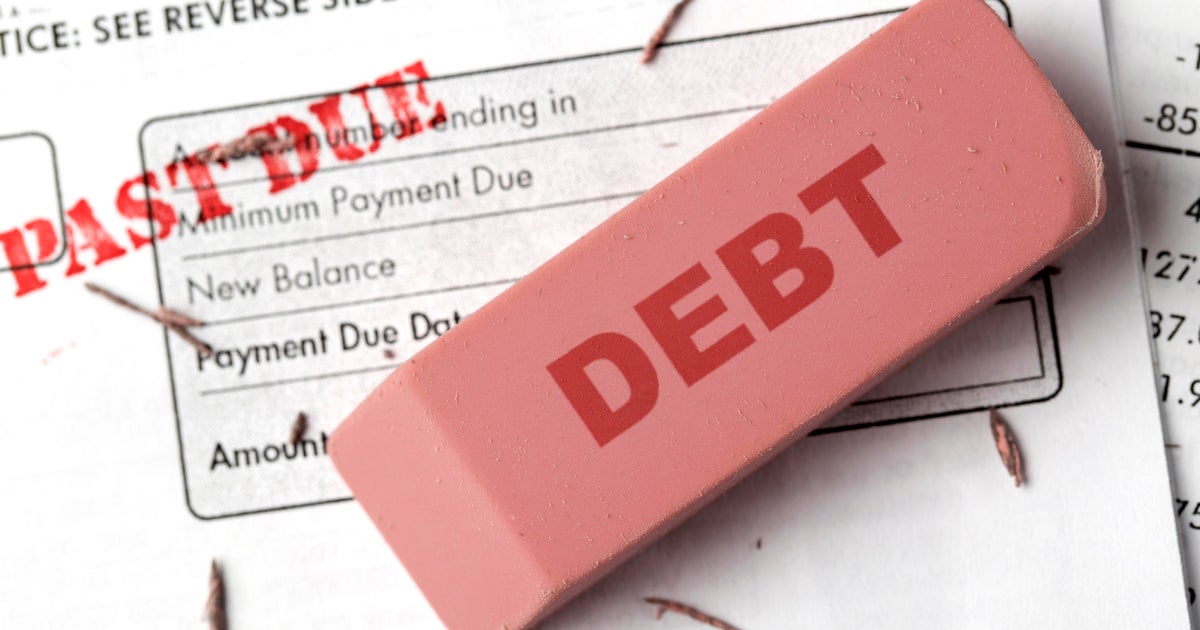Debt collectors will soon be allowed to reach you by text or on Facebook
This time next year, the texts blowing up your phone may be coming not from political campaigns, but rather from debt collectors.
The federal government has cleared the way for collection agencies to send unlimited texts, emails and even instant messages to debtors on social media platforms. The Consumer Financial Protection Bureau issued a final rule late last week outlining how collectors can use new communication methods.
The federal agency, which is charged with protecting Americans from financial abuse, did not limit the number of messages collectors could send, but it did require that each message come with instructions on how to opt out. The bureau also limited the number of times collectors may call someone to seven calls per week for each debt.
Consumer advocates criticized the rule for not requiring alleged debtors to consent before being contacted by email or text, and for setting a limit on phone contact that could result in a flood of calls for people who owe money to several creditors.
"Even though there are some wins in here, the bureau has really fallen short of protecting consumers," said Yvette Garcia Missri, litigation counsel at the Center for Responsible Lending, an advocacy group.
"This is a terrible time to create more burdens for people who have debts. This certainly does not make it easier for them to recover from the economic hit of the pandemic," Garcia added.
What consumers want
Collection calls rank as the biggest pet peeve of American consumers, with the CFPB receiving more complaints about debt collectors every year than on any other issue. A third of U.S. adults with a credit report has a debt in collections.
It's not clear that consumers would be happier getting texts instead of calls. In a CFPB survey from 2017, just 1% of consumers said their preferred method of contact from creditors or collectors was text or social media. Email did better, with 15% calling it their "most preferred" method of contact.
But with Americans these days unlikely to answer a call from an unknown phone number, marketers, politicians and other industries have flocked to email and text, which are also cheaper to send than making phone calls.
Debt collectors have been eager to do the same. Until now, however, they were stymied by the Fair Debt Collection Practices Act, a law that hadn't changed much since it was passed in 1977.
"In terms of resources, personnel, costs — you would imagine the [collection] industry is anxious to move away from phone communication," said Eamonn Moran, an attorney at Morgan Lewis who represents clients in the financial services industry. He added, "I get texts all the time for doctors' appointments, reminders."
Moran noted that, while the CFPB did not cap the number of texts, emails or social media messages a debt firm can send, it said a collector could run afoul of the law for sending too many messages, leaving it up to individual companies to decide "how much may be too much."
"Win-win"
Jay Gonsalves, president of Action Collection Agencies in Boston, called the rule a "win-win."
"We're hearing more and more from consumers that they don't want to talk to us on the phone. Nobody does anymore. Everyone communicates with text," said Gonsalves, formerly president of the Association of Credit and Collection Professionals, the collection industry's trade group.
While consumers may not appreciate hearing about what they owe, Gonsalves added that keeping a debtor in the dark could hurt them in the long term.
"They could be sued, they could be reported to the credit bureaus," he said. "If we can contact them, that avoids the most severe consequences, for them and for us."
Risk of fraud?
Consumer advocates note that allowing legal debt operators into people's texts and emails could make it easier for fraudsters, since fake debt collection attempts are already a concern, according to the Federal Trade Commission.
"There are unfortunately going to be a lot of scammers out there who pretend to be debt collectors, sending messages and emails," said April Kuehnhoff, staff attorney at the National Consumer Law Center. Consumers should be wary and not click on links or open unsolicited attachments, no matter who is contacting them, she said.
"It's always really important for consumers to slow the process down, figure out who's contacting them and ask for information," Kuehnhoff added. "Just because someone claims you owe money, it doesn't mean it's true."
People who get debt collection calls should always ask for any related documents, such as a loan agreement, for proof they really owe the money, the FTC advises. About half of U.S. states require that third-party debt collectors be licensed; a consumer living in one of those states should ask for the caller's licensing info, and then check it with their state agency or a multistate licensing service.
The rule will formally take effect one year after it's published in the Federal Register, or near the end of 2021.
"A lot of debt collectors are gearing up to change their practices, but it's not the case that you'll start getting debt collection emails tomorrow," Kuehnhoff added.



